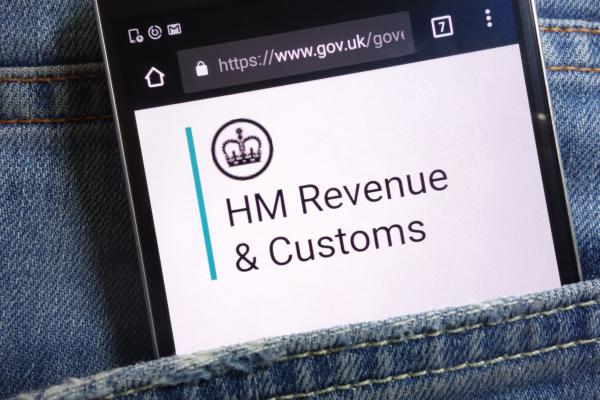
Estates and the Trusts Registration Service
Updated 8 December 2020
Following the publication of August’s Trusts and Estates Newsletter we have received a number of queries from members about when executors need to update details of complex estates on the Trust Registration Service (TRS). HMRC have now provided clarification to confirm that executors do not need to use the service to report the end of the estate administration period (although it would be preferred) and a further update will be made in the next Trust and Estates newsletter.
Background
For many estates, it is possible to deal with the tax on any income or capital gains which arise during the administration period through what are called informal procedures. This means that instead of completing annual self-assessment returns, the executors can write to HMRC to settle the estate’s affairs at the end of the administration period.
If the relevant conditions are not met, the estate is considered ‘complex’, and must register for self-assessment and obtain a UTR. An estate is considered complex if any one (or more) of the following conditions are met:
- The income tax and CGT due during the entire administration period will be more than £10,000.
- The estate was worth more than £2.5 million at the date of death.
- More than £500,000 a year came from the sale of the estate’s assets by administrators or executors.
Since 2017, complex estates have obtained a UTR by registering on the TRS. When the administration period comes to an end, the executors can advise HMRC either by letter, or via self-assessment.
In April 2020, the functionality of the TRS was increased, and in the August Trust and Estates newsletter, HMRC asked for personal representatives to make notifications of changes to the personal representative’s details and notify the “closure” of the estate (i.e. the end of the administration period) via the TRS.
Given that reporting the “closure” of an estate via the TRS effectively meant reporting the end of the administration period to HMRC twice (in addition to being very time-consuming to complete as it requires the executors to set up a Government Gateway and complete a digital handshake to authorise their agents), members asked on what basis HMRC were asking them to do this extra step.
Further information from HMRC
We raised these concerns with HMRC who have now confirmed to us (and other professional bodies) in email correspondence this month that, unlike for registered trusts where certain legal obligations apply regarding when details held on the Trust Register must be updated, estates are not similarly bound.
HMRC have shared the following with us.
“The requirement to update details on TRS applies only to taxable ‘relevant’ trusts which are registered for the purposes of the 4th Money Laundering Directorate. The requirement does not extend to estates, which are registered to obtain a UTR for SA purposes. HMRC would prefer PRs and agents to use TRS to notify the closure of a registered estate but there is no obligation to do so. Notification can be made by letter or via a SA return if that is more convenient.
“For registered estates where a closure notification has already been made by letter or in a SA return, HMRC does not expect PRs [Personal representatives] or agents to go back and update TRS as this will be done by HMRC staff.
“TRS should be used to notify HMRC that the name or address of a PR has changed.”
Hopefully members will find this update in respect of estates helpful.
We have also discussed with HMRC the issue of whether or not it will be necessary for trustees of trusts which closed prior to April 2020 - and who have already reported their closure to HMRC via self-assessment or letter - to update their record on the TRS. For more details and HMRC's latest position, please seee our article on How to update the Trust Register.















